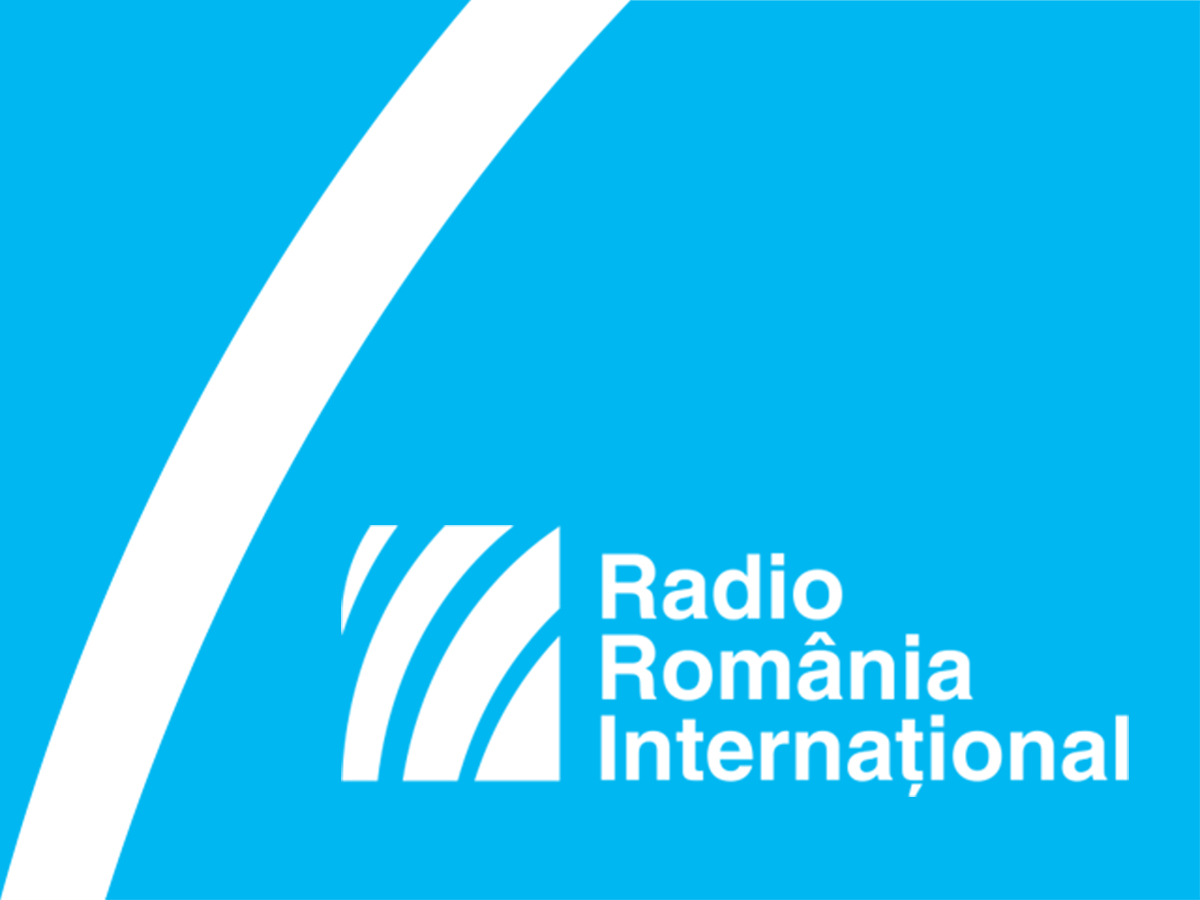Tropical medicine in Romania
After 1945, Romania sought to develop new fields of medical research, such as that of tropical diseases.

Steliu Lambru, 01.01.2024, 14:00
The dismantling of the colonial empires after 1945 and the opening, to the whole world, of the new African, Asian and South American states, was the natural effect of the ideas that promoted the equality of nations and states. Romania had also oriented its foreign policy towards the countries of the Third World or the Global South. Through humanitarian aid, economic assistance and educational programs, the northern countries were trying to contribute to the removal of human tragedies from societies in conflict.
However, this new global openness also meant an increased movement of individuals, and consequently associated health risks. As a result, Romania also sought to develop new fields of medical research, such as that of tropical diseases. But the political adversity between socialist countries, former democratic countries that had been occupied by the Soviet Union after 1945 and transformed into repressive regimes, and the free Western countries, also impacted scientific research.
Historian Bogdan-Cristian Iacob wrote about the development of the field of tropical diseases in Romania before 1989. He spoke about one of the differences noted during the 1960s between socialist countries, Romania included, and the West. This can also be found in the writings of Dr. Ludovic Păun, one of the most important Romanian specialists in tropical diseases.
Bogdan-Cristian Iacob: The role of Western experts in tropical medicine was minimized. Although the 1974 resolution of the World Health Assembly, a kind of parliament of the World Health Organization, regarding the creation of a special program for the study of tropical diseases was a socialist initiative and one of the African countries, it was in fact the West who came up with the idea of global coordination of the field. This influence of the West in the study of tropical diseases was noticed two years later by Ludovic Păun, who participated in the first session of this special program of the World Health Organization. He noted that no socialist country had been nominated as a participant in the research. There was no concern for training doctors to support a long-term medical program. Paun noticed the active presence of some financial organizations and pharmaceutical companies at the meeting. He suggested that a research program be launched to secure future markets for the medicines that would go into production.
In fact, tropical medicine had begun in the West during the colonial period. But the adversity between capitalism and socialism produced strong differences as the communist regimes considered the tropical medicine of the West too focused on technological interventions. Socialist countries proposed the analysis of socio-economic forms and emphasized healthcare education and putting the focus of the patient. Bogdan-Cristian Iacob says that the very creation of a common vocabulary was difficult.
Bogdan-Cristian Iacob: “In the case of Romania, tropical medicine was not of interest in the 1960s. On the one hand, the word tropical itself was taboo, the term used was countries with a difficult climate . Another term was that of infectious diseases, much more neutral, and which allowed Romania’s role in the malaria eradication program to be highlighted. Another reason why the field was marginalised is the fact that the Bucharest regime avoids getting involved in Sub-Saharan Africa. This changes only starting 1970, when Nicolae Ceaușescu sees the Global South as an economic and political alternative both in relations with the West and socialist countries, and in the perspective of access to raw materials.
There are two sources that were the basis for the development of tropical medicine in Romania, one Asian and the other African. The first was the collaboration with India, Romanian doctors like Ludovic Păun benefiting from training courses there. Tăhe second was the medical assistance that Romania granted to African countries such as Congo-Kinshasa, the current D.R. Congo, Guinea, Angola, Mozambique, by doctors sent there to study the diseases. The cholera epidemic of 1961 reaches the Balkans and the western USSR and convinces the Romanian authorities to pay great attention to the field.
Imported pathologies brought by asymptomatic students from Asia and Africa and Romanians who worked in countries of the Global South stimulate serology and research. In 1974, the tropical diseases department was established within the Dr. Victor Babeș hospital in Bucharest. “
The following decade, the 1970s, also means a change in the orientation of Romanian tropical medicine. The country is trying to build its own research model, inspired neither by the West nor by the socialist camp. The 1980s are dominated by the emergence of AIDS and new challenges that open other topics of medical, moral and political-economic debate. (EE)





























